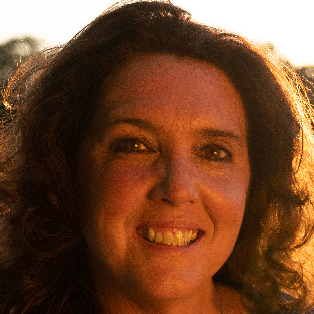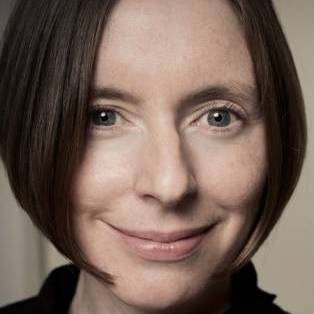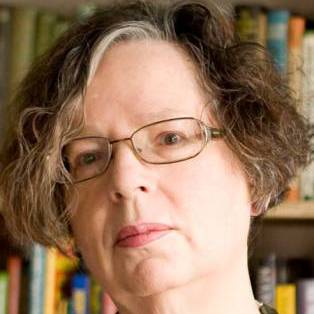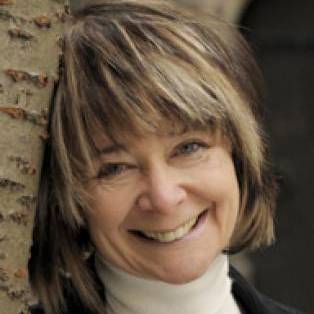{related_entries id="evnt_auth_1"} {/related_entries}, {related_entries id="evnt_auth_2"} {/related_entries} , {related_entries id="evnt_auth_3"} {/related_entries} , {related_entries id="evnt_auth_4"} {/related_entries} , {related_entries id="evnt_auth_5"} {/related_entries} {related_entries id="evnt_auth_6"} {/related_entries}
A New Conversation for Peace
Saturday 28 March 2015
1:00pm
Half Day
Duration{related_entries id="evnt_loca"}A New Conversation for Peace{/related_entries}
Venue£28
Ticket priceThis inspiring session brings together a former IRA activist, the daughter of one of his victims, a Middle East hostage and negotiator, and experienced peace builders to discuss ways of resolving conflict and ensuring a peaceful world.
2pm-3.15pm
Patrick Magee, Jo Berry, Dylan Mathews and Mark Segal. Chaired by Scilla Elworthy
Peaceful Tactics
Former IRA activist Patrick Magee joins the daughter of one of his victims, Jo Berry, the chief executive of Peace Direct, Dylan Matthews, and senior conflict advisor for the Department for International Development Mark Segal to discuss what can be achieved by locally led peace initiatives in both the UK and abroad. In spite of their past, Magee and Berry have reconciled and formed an organisation to promote peace. How do they and Peace Direct make a difference in conflict zones and are local peace initiatives a better way of resolving conflict than international efforts and the use of force?
Berry’s father, Sir Anthony Berry MP, was killed in the Brighton bombing, for which Magee was given multiple life sentences. Magee was freed under the Good Friday Agreement and he and Berry have since formed Building Bridges for Peace, an organisation that promotes peace and conflict resolution around the world. Mathews has recently taken over as chief executive of Peace Direct, which supports local peacebuilding efforts in areas of hot conflict around the world.
Discussions are chaired by Dr Scilla Elworthy, founder of the Oxford Research Group to develop dialogue between nuclear policy makers and their critics, adviser to Peter Gabriel, Desmond Tutu, and Richard Branson on setting up The Elders, and a three-time Nobel Peace Prize nominee.
3.15pm-3.45pm
Refreshments
3.45pm-5pm
Paul Rogers, Terry Waite, Rama Mani and Scilla Elworthy. Chaired by Kalypso Nicolaidis
Strategies for a Peaceful World
Professor of Peace Studies at the University of Bradford Paul Rogers, former hostage and hostage negotiator Terry Waite, peace-builder and poet-performer Dr Rama Mani and Oxford Research Group founder Dr Scilla Elworthy look at what new strategies are available to promote world peace. Rogers assesses new strategies for dealing with radical Islam, Waite discusses his experience of being a hostage and a negotiator and what it taught him about human nature and a dialogue for peace, Mani highlights the importance of culture and creativity in transforming violent conflict into peace around the world, (and the role of women in peacebuilding).
Rogers is Oxford Research Group’s (ORG) global security consultant and has worked in the field of international security, arms control and political violence for more than 30 years. Waite spent 1,763 days in captivity in the Lebanon after being taken hostage in 1987 while attempting to negotiate the release of others. He is founder and chairman of Hostage, a charity supporting hostages and their families. Mani received the 2013 Peter Becker Peace Prize in Germany for the combined impact of her 25 years of scholarship, policy work and strategic leadership in global peace and security.
Discussions are chaired by Kalypso Nicolaidis, professor of international relations and director of the University of Oxford’s Centre for International Studies.
5pm-5.30pm
Rama Mani
Peace Performance – The ART of Peaceful Transformation
Poet-performer and peace activist Dr Rama Mani weaves together poetry and artistry as she raises issues around world peace directly inspired by her experiences in war zones on all continents. Mani has performed globally to audiences at the British Houses of Parliament, the United Nations and at the World Investment Forum. Mani’s performances on critical global issues foster transformative dialogue and help to raise funds for activities to promote peace and justice. She has been called ‘a catalyst of transformation’ and an ‘evocateur of the possible future’. See www.rama-mani.com.
Supported by Ian and Carol Sellars.





